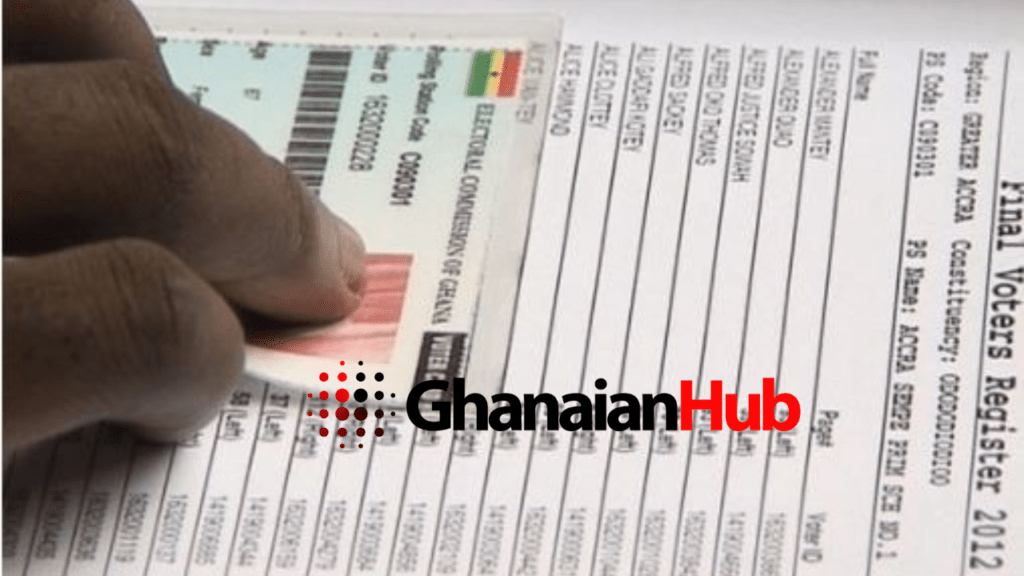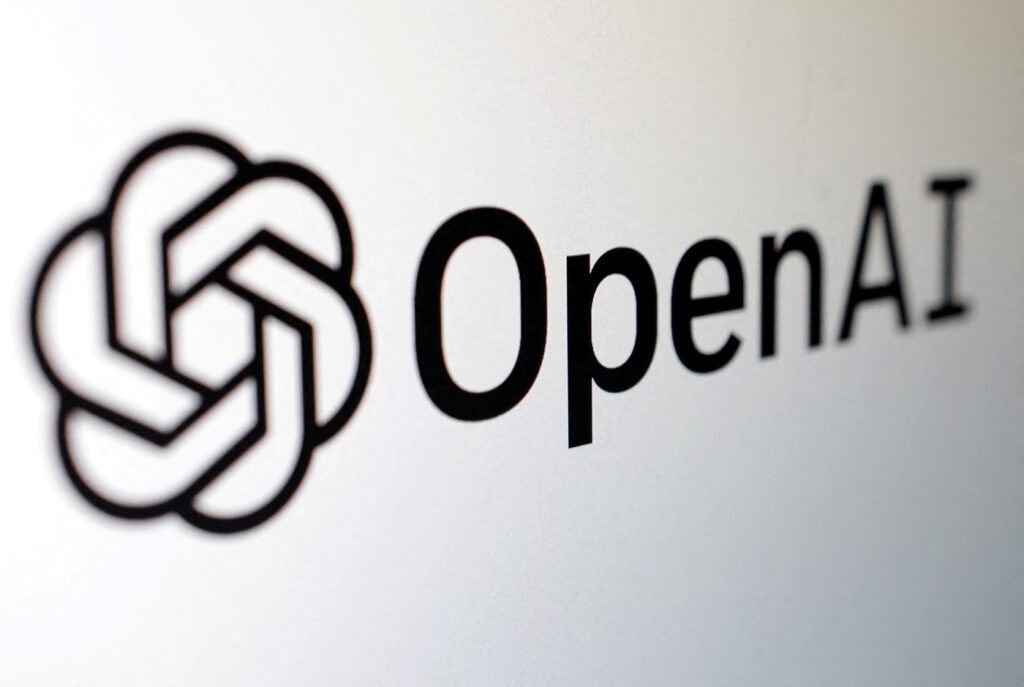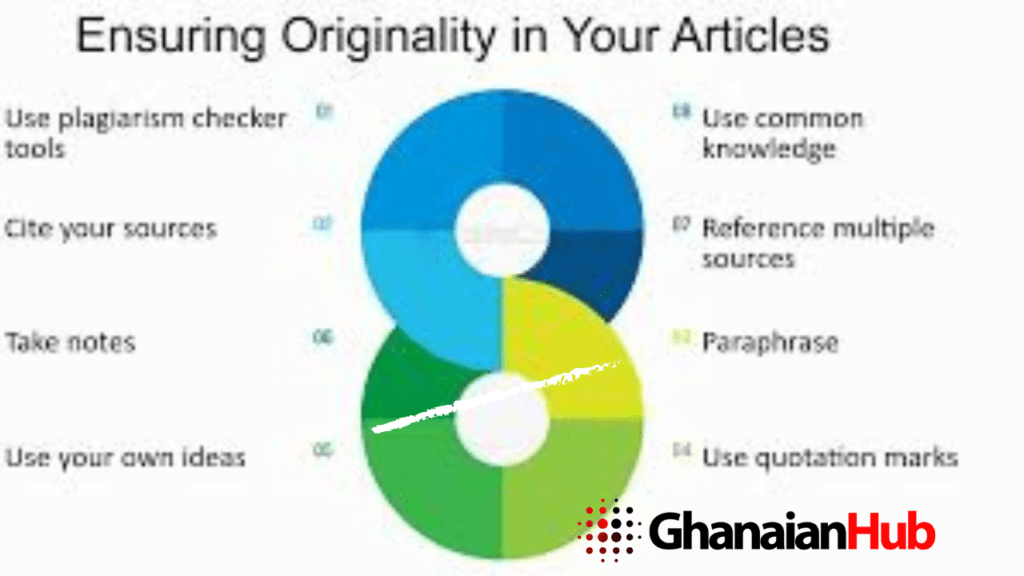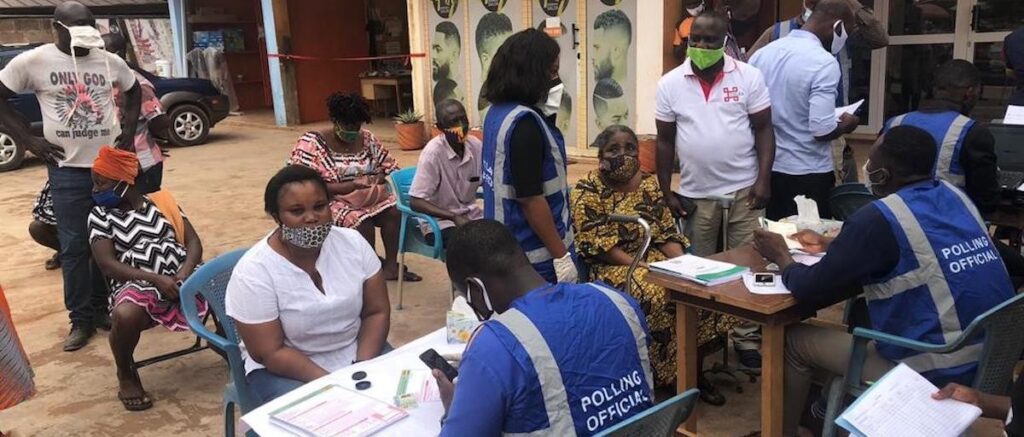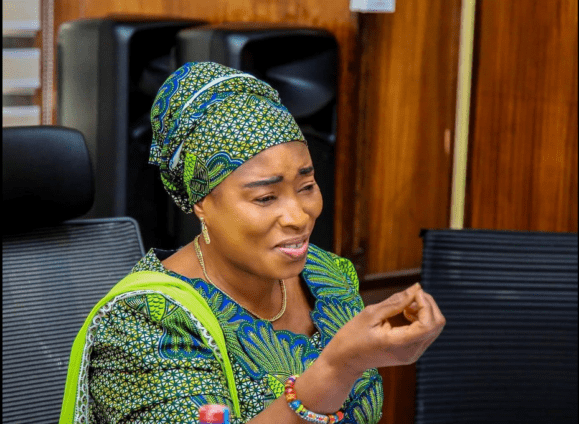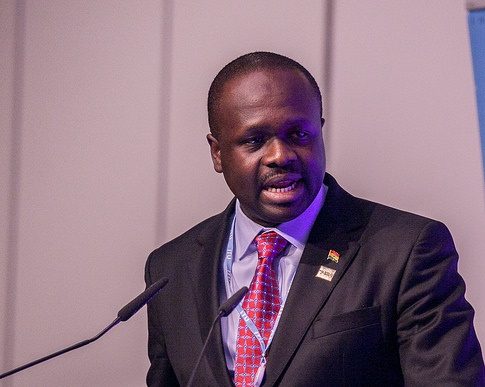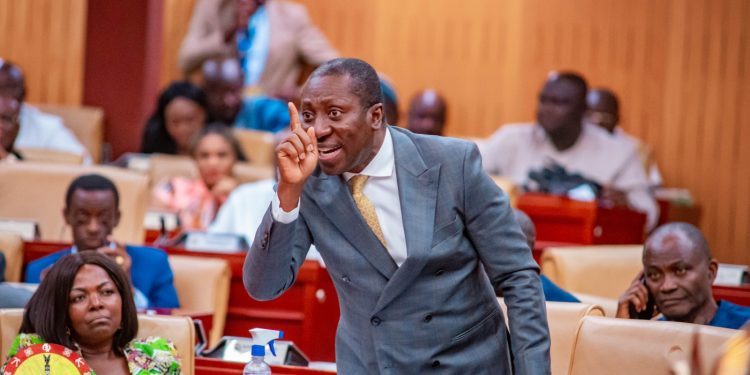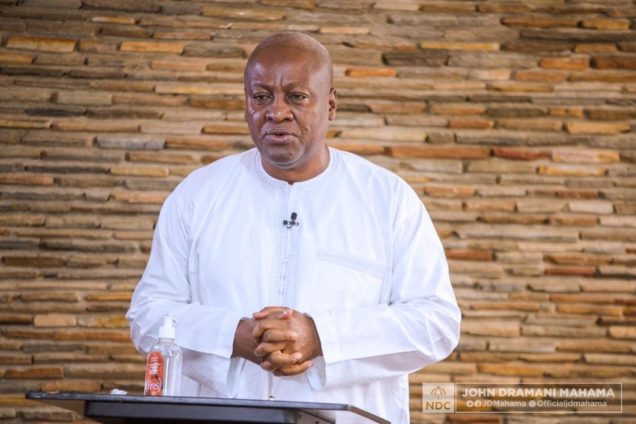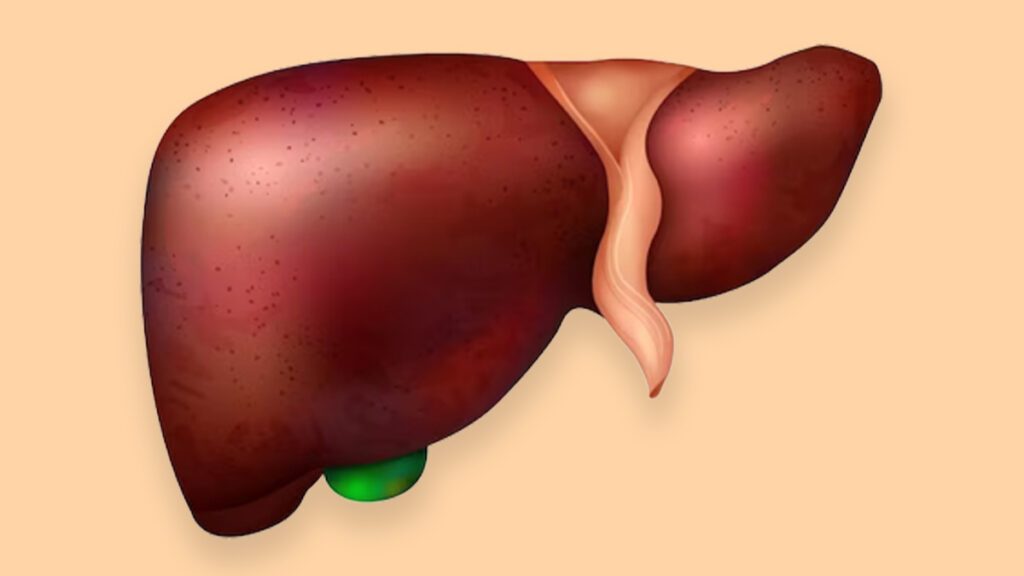Affirmative Action Bill: Achiaa Abrokwaah Lauded the Passage

Affirmative Action Bill: Achiaa Abrokwaah Lauded the Passage
Accra, Ghana – 4th August, 2024 – In a landmark move towards gender equality, Ghana has successfully passed the Affirmative Action Bill, a significant step aimed at promoting women’s participation across various sectors. The bill’s passage underscores the nation’s commitment to dismantling systemic barriers that have long hindered the progress of women and girls.

The Affirmative Action Bill seeks to address and rectify gender disparities, aligning with global initiatives to achieve gender equality. As the bill transitions from legislation to actionable reforms, stakeholders emphasize the need for concrete implementation measures to ensure its effectiveness.
Calls for Concrete Actions and Reforms
Adwoa Achiaa Abrokwaah, a Women’s Commissioner aspirant at the University of Ghana, has lauded the passage of the bill but stresses the importance of moving beyond celebration to focus on tangible actions. “We need concrete actions, not just paper promises,” Abrokwaah stated, highlighting the necessity for constitutional reforms to bring the bill’s provisions to life.
The successful passage of the Affirmative Action Bill is attributed to the relentless advocacy efforts of organizations such as AABANTU and key figures like Madam Shiella Minka Premo, the Convenor of the AA Bill Coalition. Their dedication and hard work have been instrumental in achieving this milestone.
Priorities for Implementation
As Ghana moves forward, Abrokwaah highlighted several points to ensure the bill’s successful implementation:
- Recognizing Diverse Experiences: Emphasis must be placed on acknowledging the varied experiences of women and girls, particularly those with disabilities, from rural areas, and marginalized communities. Tailored approaches are necessary to address the unique challenges faced by these groups.
- Engaging All Stakeholders: Promoting gender equality requires the active involvement of all stakeholders, including men and boys. Creating a culture of respect and support for gender equality initiatives is essential for sustained progress.
- Monitoring and Evaluation: Regular monitoring and evaluation are crucial to track progress and ensure the bill’s provisions are effectively implemented. Transparent and accountable processes will be key to achieving long-term success.
A New Era for Gender Equality in Ghana
The passage of the Affirmative Action Bill marks the beginning of a new chapter in Ghana’s journey towards a more inclusive and equitable society. As advocates celebrate this historic achievement, the focus now shifts to turning policy into practice.
“We owe it to ourselves, our children, and future generations to make gender equality a reality,” Abrokwaah emphasized. “By taking concrete actions and fostering an inclusive environment, we can ensure that the Affirmative Action Bill becomes a powerful tool for positive change.”
Call to Action
The call to action is clear: stakeholders, communities, and individuals must come together to advocate for gender equality and support the implementation of the Affirmative Action Bill. By working collectively, Ghana can pave the way for a brighter and more inclusive future for all its citizens.


 English
English 
















